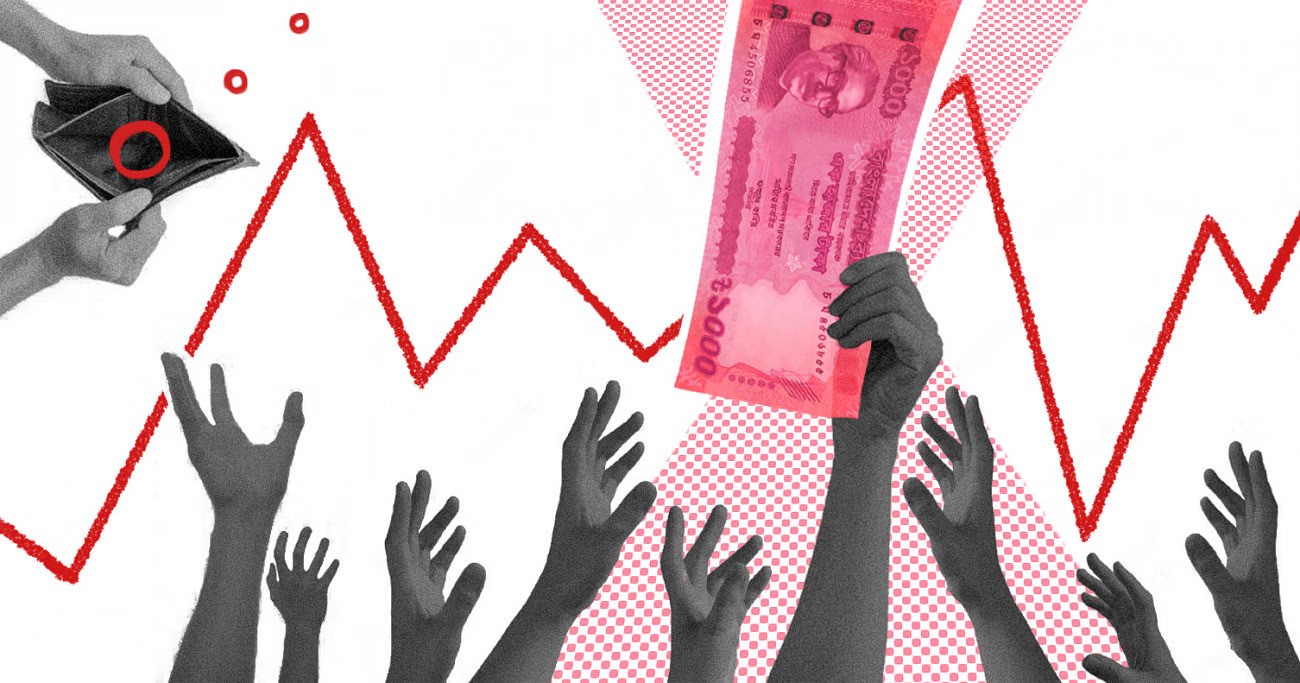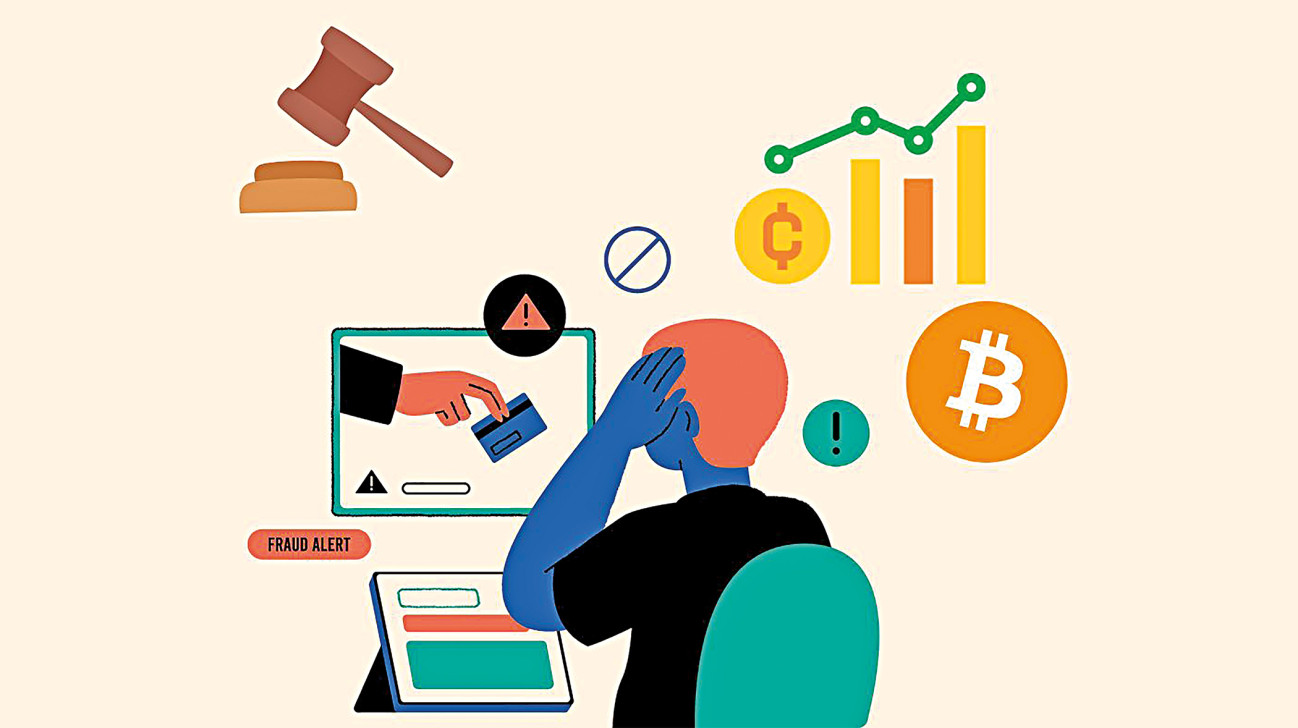Spot the scam: How fraudsters prey on fear, trust, and greed

Nowadays, we almost routinely hear that someone close to us has been scammed. What once sounded like rare and distant stories now happen in our own circles. Many of us have already picked up that unexpected phone call from a so-called police officer or bank representative. Some of us, or people we know, have lost money to these fraudsters. They employ a variety of methods, but all of them prey on the same things: our trust, fear, and our small mistakes.
It often starts with a phone call. In many cases, the caller claims to be a police officer and accuses you of being involved in a crime. They pressure you, create panic, and ask for your personal details to clear your name. Sometimes, the caller pretends to be from the department that handles fraud in your bank, saying your account will be frozen unless you share the one-time password just sent to your phone. Once they get it, they can take control of your account. The danger does not stop there. With access to your accounts, these scammers can message your closest friends in your exact style of writing, convincing them to send money urgently. Some friends double-check and avoid the trap, but many others fall for it. In this way, the scam spreads like a chain, moving from one victim to another.
Beyond individuals, there are chilling reports of entire villages abroad where scamming has become a community profession. Warehouses in countries like India and China are said to house rows of people working day and night to call strangers across the world and trick them out of their savings. The thought that such fraudulent industries could also be quietly taking root in Bangladesh should make us all stop and think. If this is happening here, then the authorities must act quickly. Shutting these operations down before they grow too large is not only about protecting personal safety; it is a matter of national security.
Phone calls are only one channel. Phishing attacks have become a daily nuisance. Fake emails and text messages arrive, designed to appear as if they came from your bank, mobile operator, or even government offices. Caller IDs are faked to appear legitimate. Links inside these messages take you to websites that look official but are only traps meant to steal your passwords, One-time passwords (OTPs), and bank details. Then there are scams that play on greed or desperation. Ponzi schemes are a classic example. They promise unbelievable returns, something banks or the stock market could never deliver. At first, they pay just enough to build trust. Then they disappear, taking everyone's money with them. Fake job offers target young people desperate for work. They collect fees for jobs that do not even exist. In the digital economy, e-commerce scams are another growing problem. Shoppers are lured with impossibly low prices, asked to pay in advance, and then left empty-handed. Recently, the website of a popular online travel agency in Dhaka suddenly became inaccessible and the owner allegedly fled the country, leaving thousands of unsuspecting customers who paid for flight bookings at significant financial risk. Every such case makes it harder for ordinary people to trust online services.
Sometimes, we ourselves open the door to danger without realising it. Installing apps without checking their source, clicking suspicious links, or browsing websites without the small padlock sign next to the URL can silently expose our devices. Social media quizzes that seem like fun often collect personal details such as your mother's maiden name or your first pet's name, the very questions banks use for security checks. Even something as simple as plugging in a free USB stick found at a desk could infect your system with malware. These small actions may seem harmless, but they can open the gates to bigger attacks.
The good news is that protection is possible. It starts with awareness. We do not need to live in fear, but we must learn to be cautious. Simple steps can make a big difference. Strong passwords are essential. So is two-factor authentication, which adds a second layer of security beyond just a password. Never share OTPs with anyone, no matter how urgent or convincing the caller sounds. Be careful about oversharing personal details online. The fewer people who know about your life, the fewer tools scammers have to trick you. Always access bank accounts and financial services through official apps or websites, never through links sent over SMS or email. Avoid using public Wi-Fi for sensitive transactions. When shopping online, do your homework. Look up reviews from real customers, verify the company's legitimacy, and use secure payment methods. If a deal looks too good to be true, it almost always is.
The truth is, scams will never fully stop. Criminals will always find new ways to try to trick people. But one thing never changes: their success depends on catching us off guard. The moment we slow down and question the request, their power crumbles. Verifying through proper channels, a quick call to the bank, checking a website's official address, or simply pausing to think can save us from major losses. Awareness is not something to keep to ourselves. Talking about scams openly with family, friends, and colleagues makes everyone stronger. The more people know what to watch out for, the harder it becomes for scammers to succeed.
Scamming is not just an individual problem anymore; it has become a social and national issue. If fraudulent networks are allowed to grow in our country, they will harm not only individuals but also the economy and the reputation of Bangladesh as a whole. Authorities must take this seriously, shutting down organised fraud and punishing those who profit from it. At the same time, businesses need to invest in stronger security systems, and schools should teach digital safety as a basic life skill. But while systems and policies are important, nothing is more powerful than ordinary people staying alert. In the end, our strongest defence is our own caution, our willingness to share knowledge, and our refusal to let panic or greed blind us. Scams thrive in silence and confusion. The more we talk, the more we learn, and the less power they have.
Mamun Rashid is the chairman at Financial Excellence Ltd and founding managing partner of PwC Bangladesh.
Views expressed in this article are the author's own.
Follow The Daily Star Opinion on Facebook for the latest opinions, commentaries and analyses by experts and professionals. To contribute your article or letter to The Daily Star Opinion, see our guidelines for submission.




 For all latest news, follow The Daily Star's Google News channel.
For all latest news, follow The Daily Star's Google News channel. 


Comments